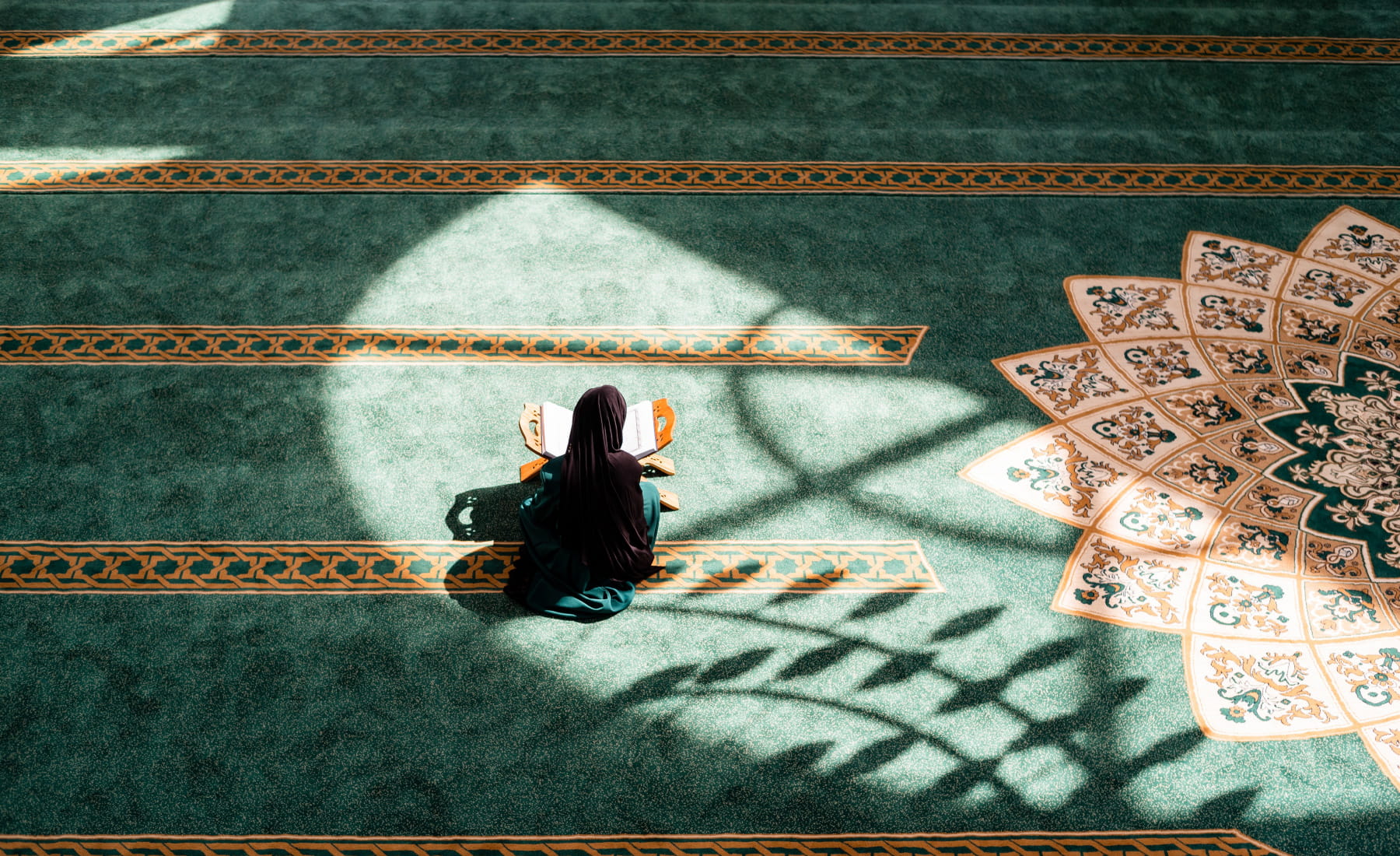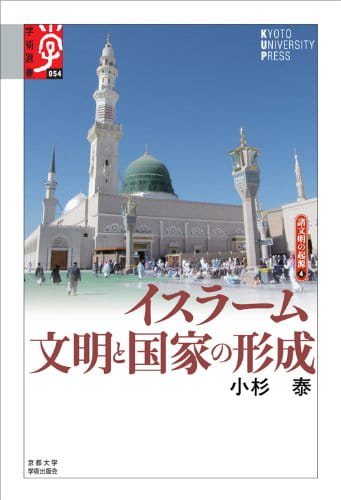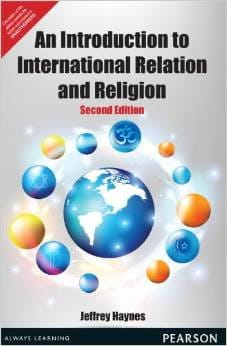Religion and
International Relations
Gaining a deeper understanding of international relations
through three links with religion

DANISMAN IdrisAssociate Professor, College of International Relations
People use religious forms and behave religiously,
regardless of whether or not they have religious faith
When we look at world affairs in recent times, it seems impossible to think about international relations without considering religion. What is your view on religion and international relations?
Danisman I believe there are three major links between international relations and religion. The first is a “new link.” The discipline of international relations emerged in a Western secular context after the First World War, intending to ensure such a war would never be repeated. Nations or states were the main actors, and religion was not part of the study of international relations at that point. In the 1970s and 80s, however, the oil crisis, the Iranian revolution, and other developments associated with religion prompted moves to re-situate religion in international relations theory. This is the new link.
The second is a “negative link.” Religion has been exploited in many terrorist acts and movements, such as Al-Qaeda and ISIS in the Middle East, the IRA in Ireland which was born out of the conflict between Catholics and Protestants in Europe, and even the Aum Shinrikyo affair in Japan.
The third is a “positive link.” Religion can positively influence international relations. For example, the Catholic Pope from Poland influenced the adoption of democratic systems in Eastern Europe and South America. Another example is the pro-democracy movement known as the Arab Spring in the Middle East. There are also many cases beyond the political sphere where religion contributes to the resolution of problems. In Japan, for example, religious organizations delivered aid supplies and provided meals in areas devastated by the Great East Japan Earthquake. There are also many educational institutions with religious connections.
I think it’s important to use these three links to examine international relations and religion in a fresh light.
We also need to look at different regions and historical eras. In Japan today, especially through the media, religion tends to be portrayed as a source of problems, but it is still considered important in some other regions today. It has also been important in different eras, such as in Prince Shotoku’s time in Japan, when Buddhist thought played a major role in society, and when a variety of cultural forms and scholarly disciplines accompanied the arrival of Christianity in Japan in the 16th century. By altering our perspective, we can think more deeply about the links between religion and society.

You studied Islam in Türkiye before coming to Japan in 2000.
Why did you decide to pursue research in Japan? And what do you make of Japanese people’s religious outlook?
Danisman Türkiye’s society adheres to Islam, a monotheistic religion. Its neighboring societies in Europe are Christian, which is also monotheistic. I wanted to study a different kind of society, so I decided to pursue comparative research on religious culture in Japan, which is also part of Asia and has historically strong relations with Türkiye.
In monotheist societies, people act with a constant awareness of the presence of God. Doing something good for society, helping the disadvantaged: it is all done in God’s name.
In contrast, people in Japan don’t identify strongly with any specific religion, but I feel they behave in the same way as followers of monotheistic religions. It’s a question of whether you do things for your God, or with awareness of the rules of society. What people believe in their hearts might be different, but the way they act is the same, and they gain the same spiritual fulfillment from doing good.
The view of religious studies is that every human is a religious being because religious forms are used in all facets of society. The constitution takes the place of the bible, and the national anthem is sung instead of hymns. A trip for company employees is a kind of pilgrimage, and a party after a project is completed is something like the celebrations at the end of a religious event such as the festival that marks the end of Ramadan. These religious forms, which people have been repeating over and over since ancient times, are used in non-religious societies without people even knowing.

The world's economic center will shift to emerging economies,
most of which are in the Islamic world.
Can you tell us about your course on Religion and International Relations?
Danisman In each class, we examine a different topic related to religion and international relations, such as religion and misunderstanding the other, religion and world peace, and religion and the nation-state. We view religions as “non-state actors,” and consider what kinds of activities religious people engage in from an objective standpoint, considering both positive and negative aspects such as violence, political influence, and social contribution.
As such, by increasing your knowledge of the links between international relations and religion, you can understand the background of religion-related incidents that occur in international society, and make your judgments about the accuracy of the information you encounter through the media.
How do you think studying religion and international relations can be useful in wider society?
Danisman Economists and other experts identify a number of emerging economies that are likely to grow in the coming years, including the MINT group of Mexico, Indonesia, Nigeria, and Türkiye, and the NEXT11, comprising Iran, Indonesia, Egypt, Türkiye, Nigeria, Pakistan, Bangladesh, Philippines, Vietnam, Mexico, and South Korea. The locus of the world economy is likely to shift to these emerging countries, more than half of which are part of the Islamic world.
These countries have large populations, rich natural resources, ambition, and many young people interested in their country’s advancement, so if they are led properly, they will grow rapidly and become crucial for international society as a source of new ideas and business opportunities.
This new era will come when the senior high school and university students of today are the leaders of society. Having an understanding of what religion is and what Islam is like will surely help to build positive relationships with people from these countries, and ultimately contribute to one’s society as well.
For Those Interested in Religion and International Relations: BOOKS
小杉 泰
イスラーム文明と国家の形成
京都大学学術出版会(2011年)

Haynes, Jeffrey
An Introduction to International Relations and Religion
Pearson(2013年)

Bellah N. Robert
Imagining Japan: The Japanese Traditions and Its Modern Interpretation.
University of California Press(2003年)